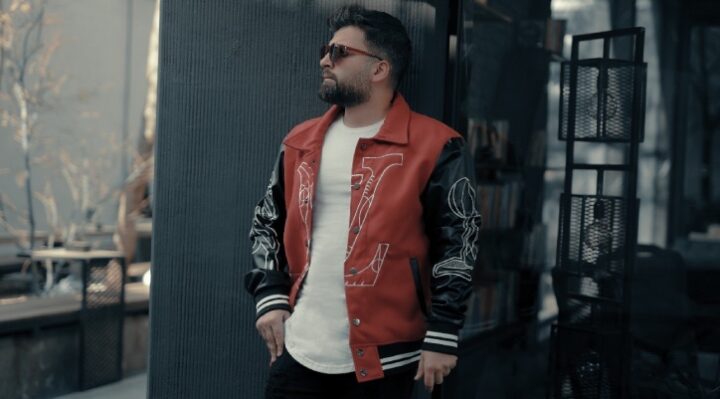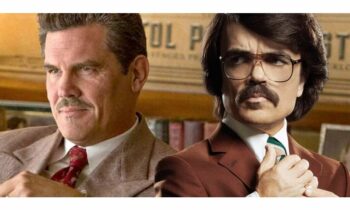
Iranian pop music
Pop music is a genre of music popular with many young people, usually contrasted with classical and folk (local) music, and in its modern form originated in the United States and Great Britain in the mid-1950s. The term popular music and pop music are used instead of Although the former describes all music that is popular and includes many different styles. During the 1950s and 1960s, it influenced pop, rock and roll, and youth styles. Rock and pop music remained almost synonymous until the late 1960s, after which pop became associated with commercial, ephemeral, and accessible music.
In Iran, most of the celebrations, meetings, weddings and parties are from other parts of the world, where specialized styles such as house and trance are used, and pop music is used in a general and comprehensive style.
The father of pop music
In fact, Iranian pop music was also formed in the Qajar period and in the 19th century, and after the advent of radio, it expanded significantly. Before the 1950s, the Iranian music market was in the category of classical music singers, the most famous of whom is Gilani singer Ahmad Ashourpour. Ahmad Ashourpour is also called the father of Iranian pop music. Saz and Naqara, Nowruz and Juma Bazar are among the most famous songs of this Gilan singer.
Iran’s pop music changed with the arrival of singers like Vigan and the use of various instruments with western styles and entered a new arena. Vigan is one of the first famous Iranian singers who played the guitar in Iranian pop music and is also known as the Sultan of Iranian Jazz. Among the famous Iranian singers of Iranian pop music before the revolution, I can mention Shahbal, Ahmad Ashourpour, Shahram Shepere, Hassan Shamaizadeh, Abi, Vigen, Sattar, Dariush, Habib, Ramesh, Dilliq, Aref, Farhad, Hamira, Fataneh, Gogoosh, Moin and…. mentioned. Also, Anoushirvan Rouhani, Hassan Shamaizadeh, Esfandiar Monfaredzadeh, Andranik, Luqman Athami, Mohammad Heydari, Manouchehr Azar, etc., also some of the famous composers of this period, and people like Iraj Jannati, Shahyar Ghanbari, Ardalan Sarafraz, etc., also from the song. They become the old composers of Iranian pop music.
Iranian pop music after the 1357 revolution
After the 1357 revolution, Iran’s pop music came under the influence, which completely disappeared in the 60s, and this style of music changed its profession or sought refuge abroad to continue its work. After the eight-year war with Iraq, pop music emerged in Iran with newer technology. Alireza Iftikhari, Parviz Taheri, Bijan Khavari, Hamid Gholamali, Mehdi Sepehar, Abbas Bahadari and Mehrdad Kazemi were among the singers who came to work during the period of Iran’s music and kept this style of music alive in Iran.
In the cultural and artistic policies of the reform period, openings were made in the field of Iranian pop music. In this regard, the Islamic Republic of Iran Radio and Television, in cooperation with Mr. Damghani and Mr. Shahbazian, set up an association to examine the return and progress of Iranian pop music in order to promote the development of domestic music and even surpass Iranian music abroad, in line with the legal framework. . Mohammad Esfahani, Saeed Shahrouz, Shadmehr Aghili, Khashayar Etimadi, Arian Group were among the first famous Iranian singers who received work permits. Of course, some of the works presented in this course were not pleasant in terms of technique and content, and were not to the liking of the audience and experts.
In 1377, the first Iranian pop music festival was held after the festival, and after that, younger singers entered the field of Iranian pop music. With the spread of new technologies and universal access to the Internet, a group of singers also began to present pop music underground. Among these underground singers, I can mention Amir Tatlo and Hossein Tehi. After the 70s, singers such as Babak Jahanbakhsh, Reza Sadeghi, Ehsan Khajeh Amiri, Mohsen Yeganeh, Amin Rostami, Benyamin Bahadri, Mohsen Chavoshi, Hamid Hami, Ali Lahrasbi, Farzad Farzin, Mehdi Yerahi, Sirvan Khosravi, Majid Kharataha, Mohammad Alizadeh, Fereydoun . Esraei and… came to work and took over the Iranian pop music market.



